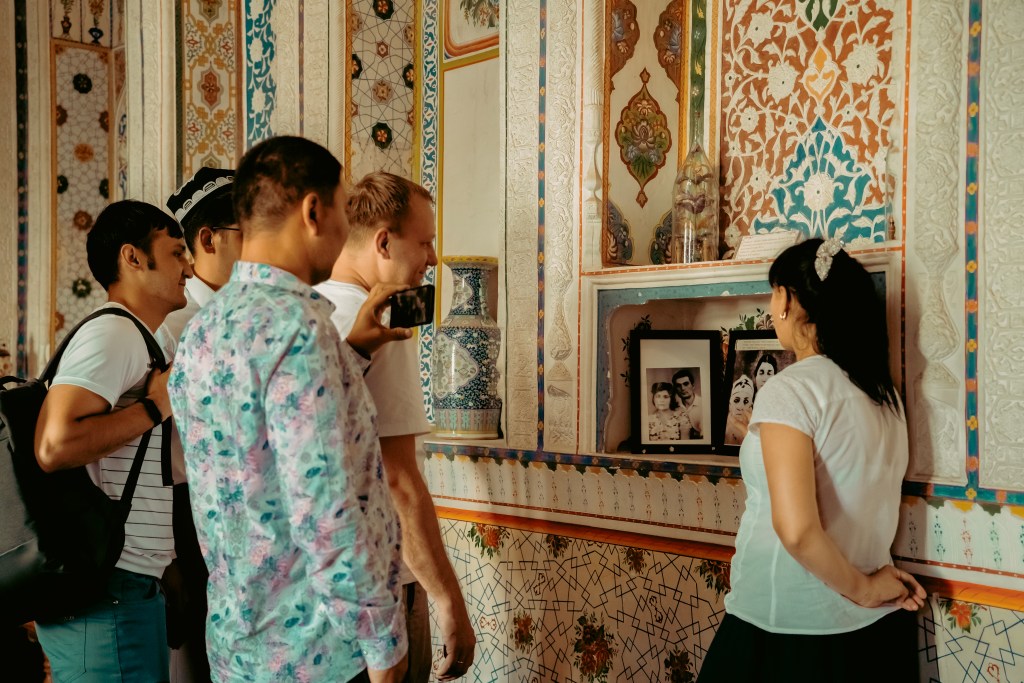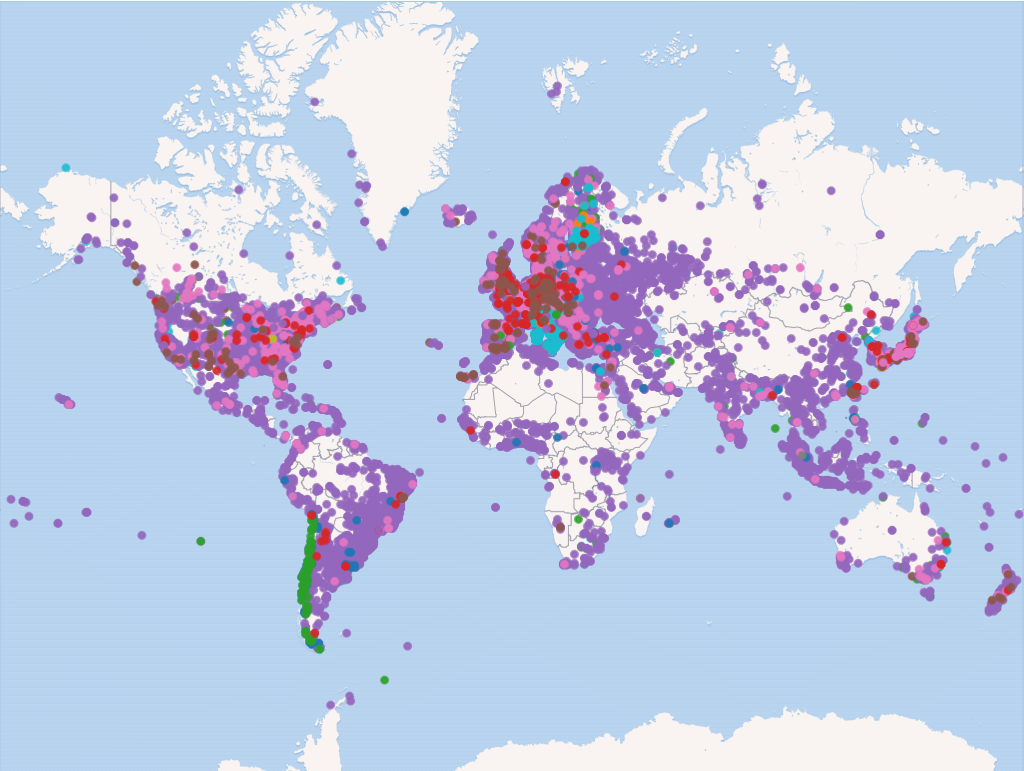
This year’s International Museum Day theme, Museums for Education and Research, underscores the importance of cultural heritage to a holistic education. This concept applies equally to Wikimedia projects, where museums provide essential source material to make Wikimedia projects more reliable, better illustrated, and connected through linked open data. Collaborations with museums have therefore been highly prioritized by our movement, with the majority of Wikimedia affiliates and user groups working on outreach to institutions and museum professionals.
Every year since 1977, the International Council of Museums (ICOM) has celebrated International Museum Day (IMD) on May 18, and since 2020, Wikimedia Switzerland has been organizing an associated Wikimedia campaign with European affiliates, mostly from German-speaking countries. This year, Wikimedia Switzerland and the Wikimedia Foundation are encouraging a more global celebration of museums. Individual Wikimedians, affiliates, and user groups, are invited to respond to three challenges to increase museum coverage on Wikimedia: translation, media, and data. Continue reading here, or visit Meta, for more details about each activity and how you can participate. If you register on this dashboard, your edits will be counted and shared with ICOM.
Translation challenge
Following a long process of close consultation with its international network of members, ICOM launched a new definition of ‘museum’ in 2022. The new definition focuses on inclusivity and community participation—values that could open the door to more collaboration with the Wikimedia movement.
“A museum is a not-for-profit, permanent institution in the service of society that researches, collects, conserves, interprets and exhibits tangible and intangible heritage. Open to the public, accessible and inclusive, museums foster diversity and sustainability. They operate and communicate ethically, professionally and with the participation of communities, offering varied experiences for education, enjoyment, reflection and knowledge sharing.”
ICOM released the definition in its three official languages: English, French, and Spanish. Subsequently, ICOM National Committees translated the definition into 21 more languages, including Arabic, Japanese, Filipino, and many others. Inspired by Desafíos de Traducción: Museo en Maya (Translation Challenges: Museum in Mayan), the 11th episode of the Museums and Chill podcast, we’re inviting Wikimedians to translate this definition into as many languages as possible, since the Wikimedia projects are unbeatable when it comes to translations, with more than 300 languages available just on Wikipedia. To participate in the challenge, follow the instructions on this page. Let’s work together to make the new museum definition even more international!
Media challenge
Another way to celebrate International Museum Day is to document museums around the world, representing this year’s theme. To illustrate education and research in museums, you could share photos of their events, tours, and workshops; specialist libraries and archives; accessibility resources; or conservation in progress. Follow the instructions on this page, which includes a map of museums around the world.

Data challenge
You can also make museums more discoverable by adding data about institutions and their collections to Wikimedia Commons and Wikidata.
Structured Data on Commons
With Structured Data on Commons, you can add or enhance the data for images of museum buildings and spaces and the collections they hold, such as paintings, sculptures, photographs, historical and natural objects, and manuscripts. The data challenge page suggests the types of data you can add, how to find images to work with, and different approaches to making edits.

Wikidata
We’re focusing on three categories on Wikidata: museums anywhere on earth; people employed at museums (e.g. curators, museum directors, scientists, etc); and objects and events in museums.
The data challenge page has suggested queries to get started, such as museums on Wikidata without a country but with coordinates; paintings on Wikidata without an image; a list of curators by birthplace; as well as a table with a list of very important data missing from museums items on Wikidata, by country.
Panel discussion
On May 17, we will have a panel discussion about ‘Wikimedia, Museums, and Education’, including expert speakers from the museum sector. This conversation will be interpreted in different languages. The information on registering for this event will be available on this page.
Video content
During the month, Sandra Becker and Jean Marc Wyss from Wikimedia Switzerland will share videos about this year’s theme, Museums for Education and Research, featuring interviews with museum experts. These videos will be very short—perfectly timed for social media—and subtitled in more languages.
The International Museum Day 2024 pages on Meta have an overview of previous Wikimedia collaborations with ICOM and a list of events and campaigns organized by affiliates and user groups. Follow those pages for updates, or subscribe to the GLAM-Wiki mailing list.

Can you help us translate this article?
In order for this article to reach as many people as possible we would like your help. Can you translate this article to get the message out?
Start translation